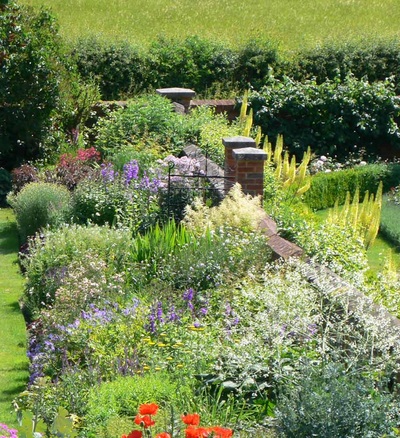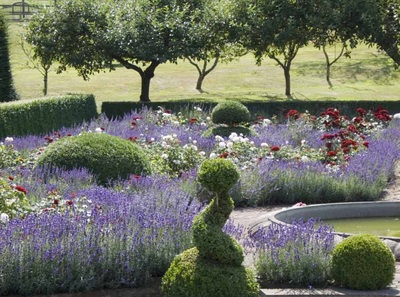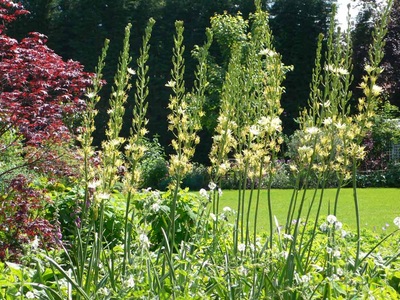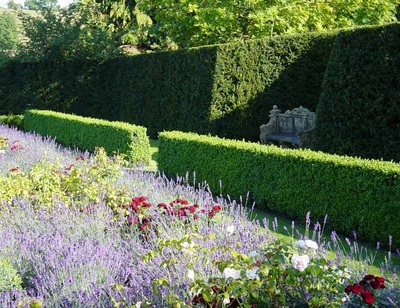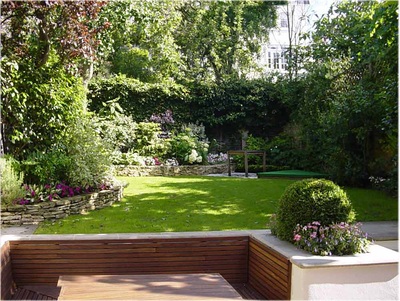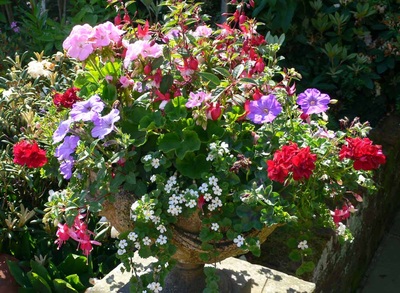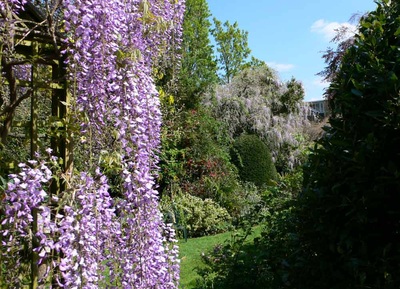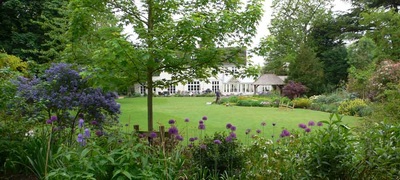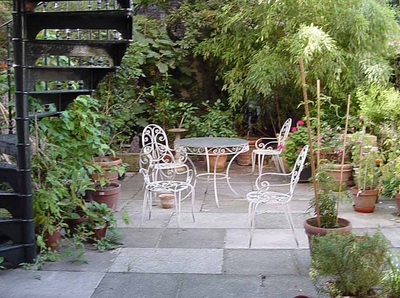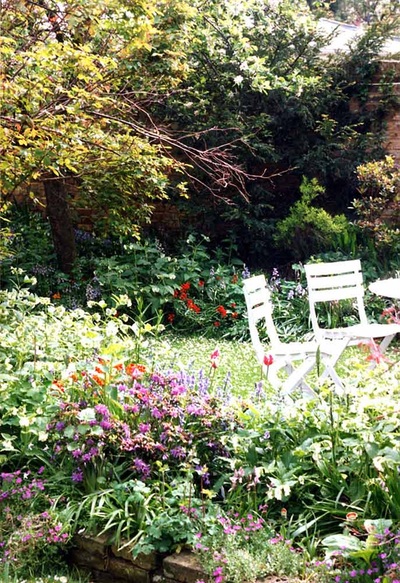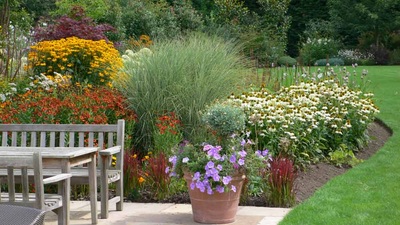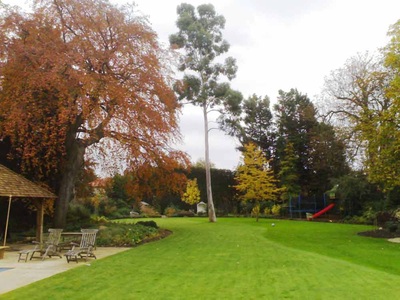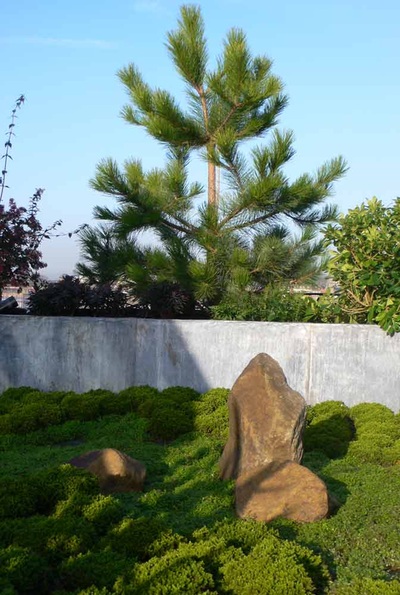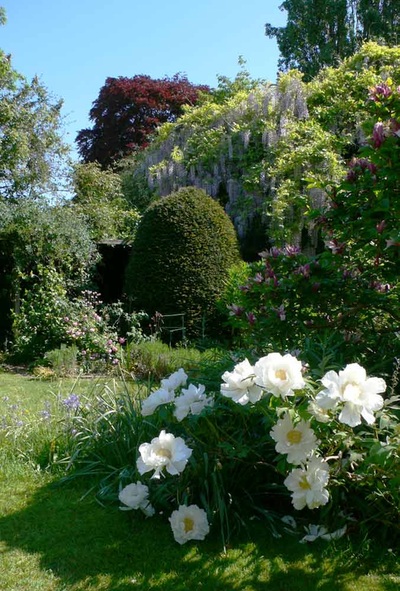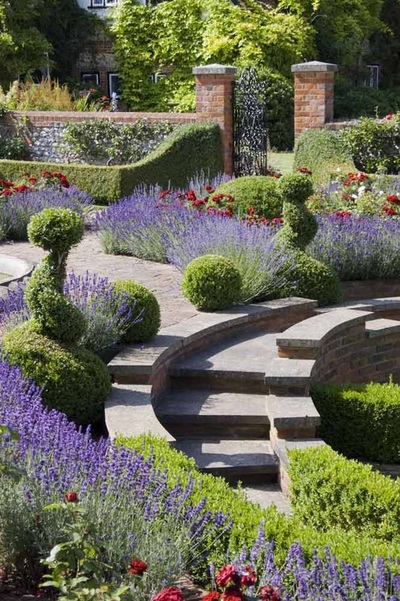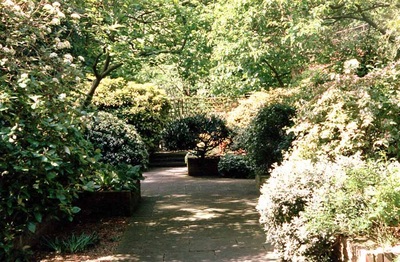
Garden Maintenance

Maintenance is the bedrock of all good gardening, and the "dirty secret" of garden design. Every part of a healthy garden benefits from regular timely care, and no garden or garden design will ever achieve its full potential without it.
See here for a link to an interview with John Sales, former Head of Gardens at the National Trust who explores the relationship between design and maintenance.
The trend for modern 'low maintenance' gardens is admirable in so far as it can make the required maintenance easier to fit into a busy lifestyle. 'Low maintenance' is not 'no maintenance' however, even a patio needs sweeping and occasional weed control.
Of course not all gardens get equal levels of care, so I can advise on maintenance regimes to suit all styles of gardening, including the transition to biodiverse styles and organic approaches.
See here for a link to an interview with John Sales, former Head of Gardens at the National Trust who explores the relationship between design and maintenance.
The trend for modern 'low maintenance' gardens is admirable in so far as it can make the required maintenance easier to fit into a busy lifestyle. 'Low maintenance' is not 'no maintenance' however, even a patio needs sweeping and occasional weed control.
Of course not all gardens get equal levels of care, so I can advise on maintenance regimes to suit all styles of gardening, including the transition to biodiverse styles and organic approaches.
